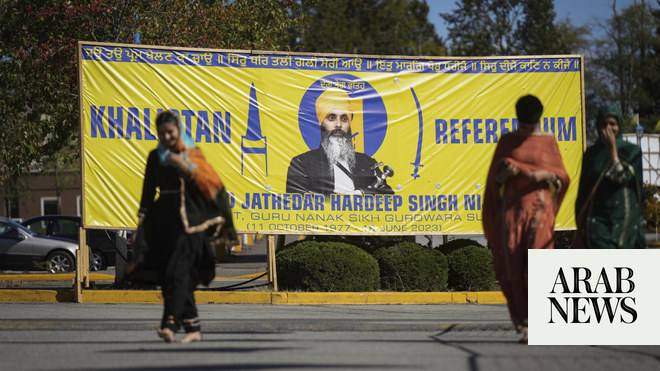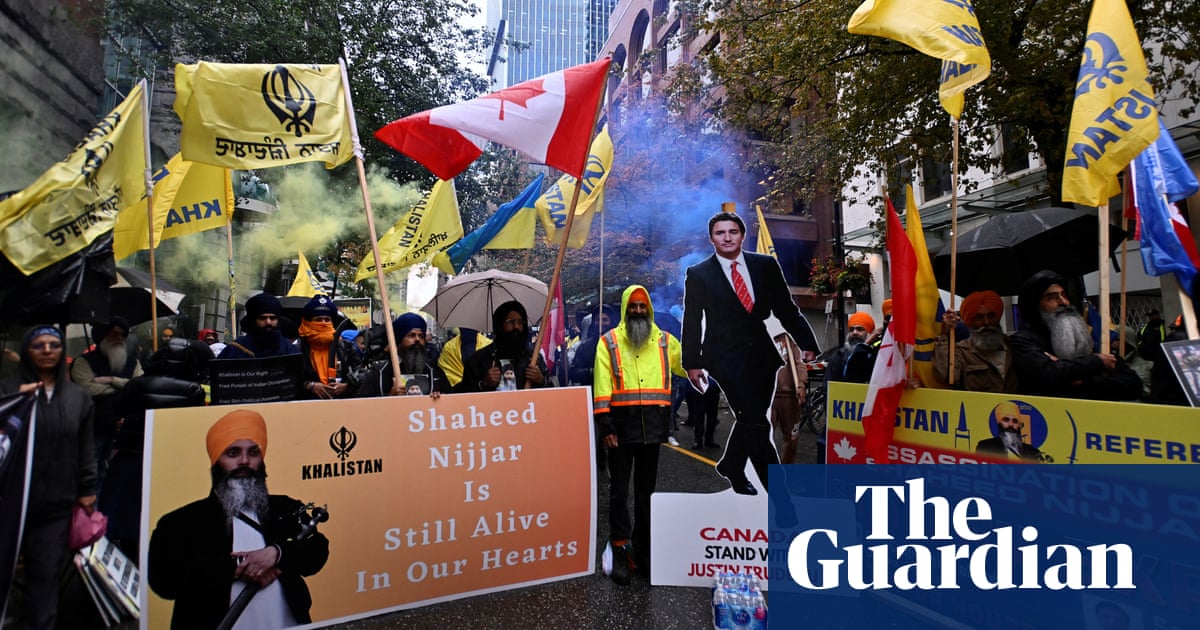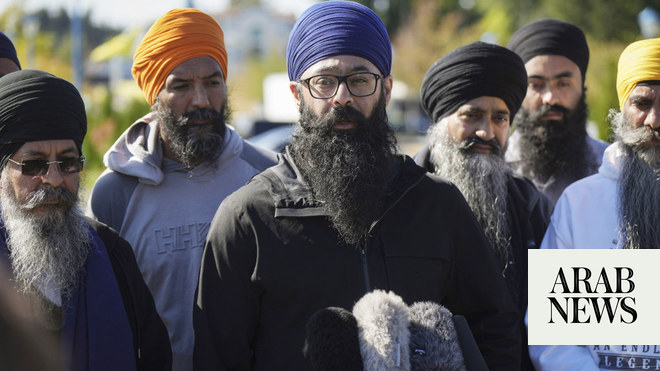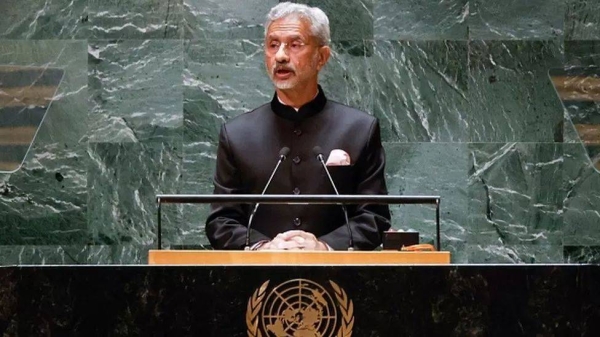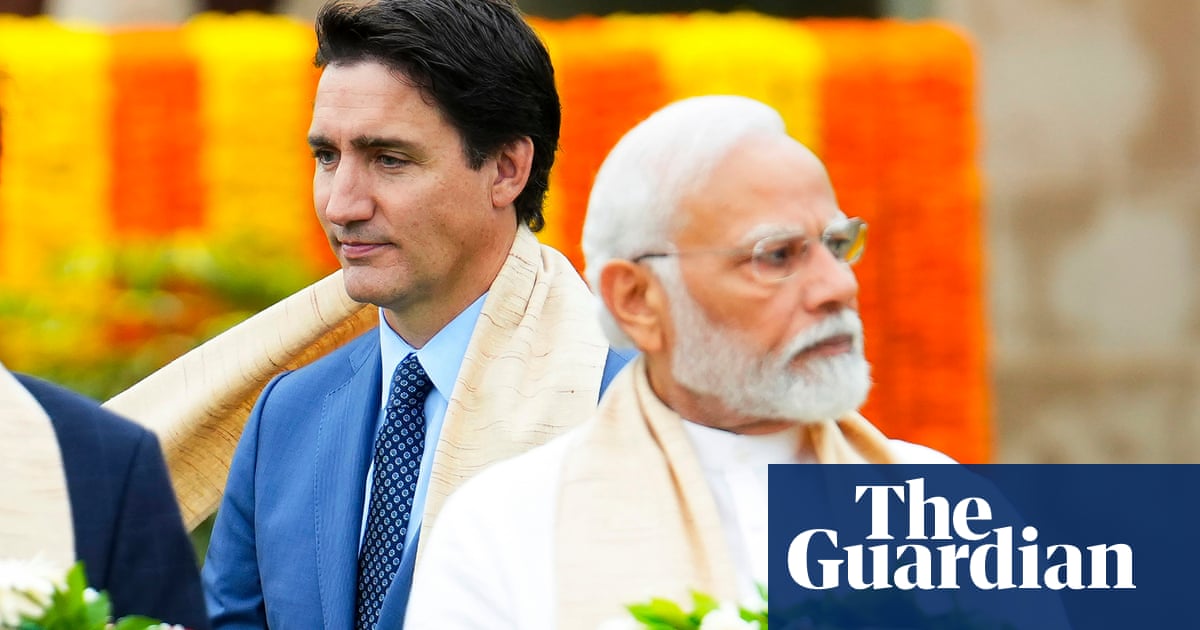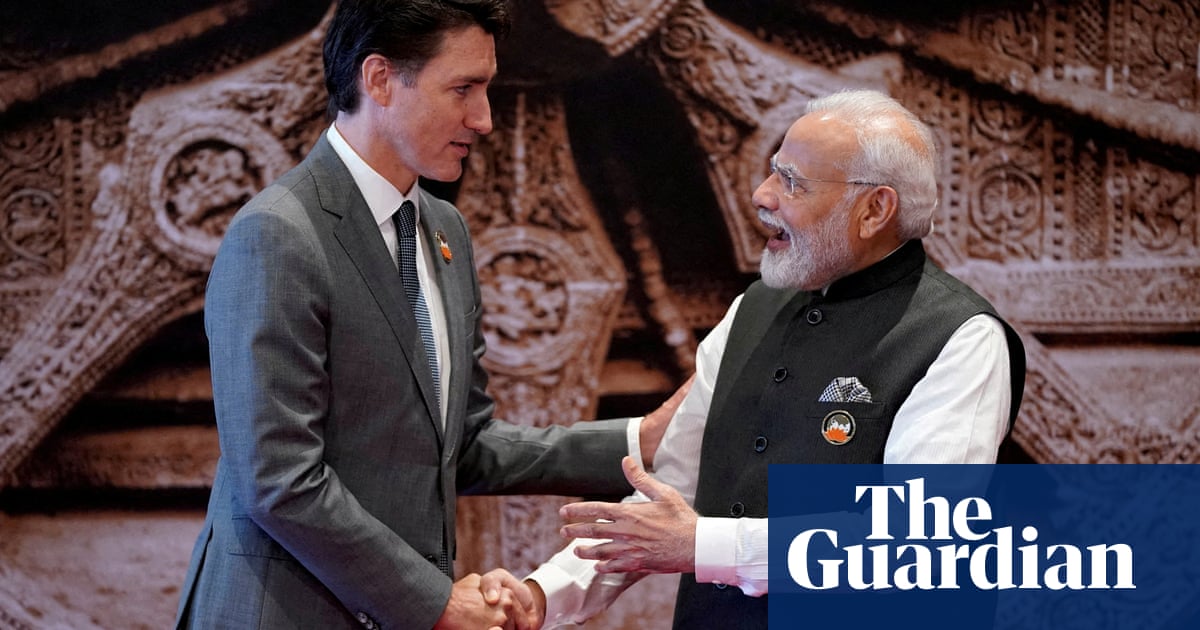
Canadian officials and the Royal Canadian Mounted police are investigating alleged “threats” against Air India after a separatist leader warned Sikhs against flying with the airline on 19 November.
The US-based activist Gurpatwant Singh Pannun posted a video last week in which he called for a boycott of India’s flagship carrier.
“We are asking the Sikh people not to fly via Air India on November 19. There will be a global blockade. On November 19, don’t travel by Air India or your life will be in danger,” he said in the video, a mix of Punjabi and English.
The controversial video marks latest threat to diplomatic relations between India and Canada, which have been strained since September when the prime minister, Justin Trudeau, alleged there was credible evidence linking India to the assassination of a Canadian Sikh leader in British Columbia.
The Canadian transport minister, Pablo Rodriguez, wrote in a social media post that his government took threats to aviation “extremely seriously”, adding that officials were “investigating recent threats circulating online”.
The RCMP said it was working with its domestic and international partners as part of an investigation into “the threat against Air India flights”.
Pannun denied his comments amounted to a threat against India’s national airline.
“The video clearly states I’m asking the global Sikh community to boycott Air India and instead Sikhs should fly Air Canada and British Airways,” he said. “Where is the threat? There is none.”
But the call to boycott Air India flights from Canada has revived memories of the 1985 Air India bombing, which was orchestrated by Sikh extremists. Three hundred and twenty-nine people died when Air India flight 182 from Montreal exploded off the coast of Ireland. It was due to stop over at Heathrow before going on to Delhi and eventually Mumbai.
The victims included 280 Canadians and 86 children, and the attackis still the worst act of mass murder in Canadian history. A second bomb targeting another plane killed two baggage handlers after it detonated at Tokyo’s Narita airport before it was loaded on to an Air India plane.
In the years that followed, Canadian officials received significant criticism for ignoring or downplaying threats.
Pannun serves as the chief legal counsel for the US-based group Sikhs for Justice, which organizes unofficial referendums on creating an independent Sikh state. India banned the group in 2019, calling it an unlawful association. Indian officials have also labeled Pannun a terrorist and he faces 22 criminal charges in India, including three counts of sedition. But Interpol has twice rejected India’s efforts to have a Red Notice issued for Pannun.
“RCMP has every right to investigate a terror threat. And if they consider calls for boycott an act of civil disobedience, if that is terror, then so be it, let them investigate,” he said.
“But Sikhs today are facing genocide and econocide of the Punjab. We are simply asking Sikhs not to make the decision to direct their money towards countries like India.”
Pannun suggests the row over his comments was part of a disinformation campaign by Indian officials in Canada.
“I would ask: who would peddle this as a threat? Who benefits by accusing me?” he said. “We have never invited or provoked violence. We are fighting Indian bullets with the ballot.”
This is not the first time Pannun’s comments have elicited controversy. After Trudeau told Canada’s parliament that there were “credible allegations” that India was involved in the killing of a Sikh leader in Canada, Pannun posted a video warning Indian Canadian Hindus “to leave Canada” and “go to India”. He suggested they were disloyal to Canada – comments denounced by the leaders of all political parties. That video has since been deleted.




